
But sceptics ask whether it can overtake tea as the nation's favorite refreshment
Xiao Wei, 35, enjoys visiting coffee shops not just for the taste of the stimulating drink but also for the ambience.
"The coffee is just an excuse," said Xiao. "I like the coffee aroma in the air. I like the buzz of strangers around me. I like to relax on a sofa or read a favorite book."
Xiao said she is usually busy from Monday to Friday so she likes to relax and enjoy a few hours to herself during the weekend.
Art director Guo Cong, 30, also likes to spend time in coffee shops, with her boyfriend.
"We like to sit on a cozy sofa while watching a movie on a laptop together or just talking while our favorite coffee brews," said Guo.
Xiao and Guo are typical of a growing number of Chinese who prefer Western-style caf culture.
According to research firm Mintel, the Chinese mainland market for packaged coffee products has grown at a compound annual growth rate of 18 percent a year since 2007 and could rise another 75 percent to 16 billion yuan ($2.5 billion) by 2017.
The value of coffee sales in China increased by 20 percent in 2011 from a year earlier, reaching 6.25 billion yuan, according to market research firm Euromonitor International.
The surging consumption has pushed up demand for coffee beans, especially in Pu'er city in Southwest China's Yunnan province. Coffee industry giants such as Nestl SA and Starbucks Corp have invested in the area and have been increasing their purchases of Pu'er coffee.
Nestl joined forces with the Yunnan provincial government and local coffee farmers to develop the local coffee industry in the late 1980s, becoming the first foreign giant to provide technical assistance to cultivate coffee in China.
During 2011 and 2012, Nestl bought more than 10,000 tons of premium Arabica coffee beans from farmers in Pu'er, a year-on-year increase of 25 percent. The company plans to purchase more than 20,000 tons in the 2012-13 season.



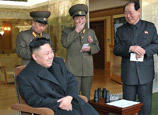
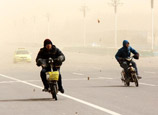


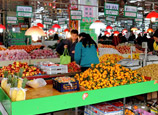
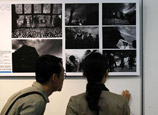

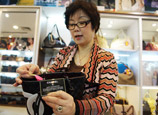






 Over 900 dead pigs found floating in Shanghai river
Over 900 dead pigs found floating in Shanghai river


![]()
